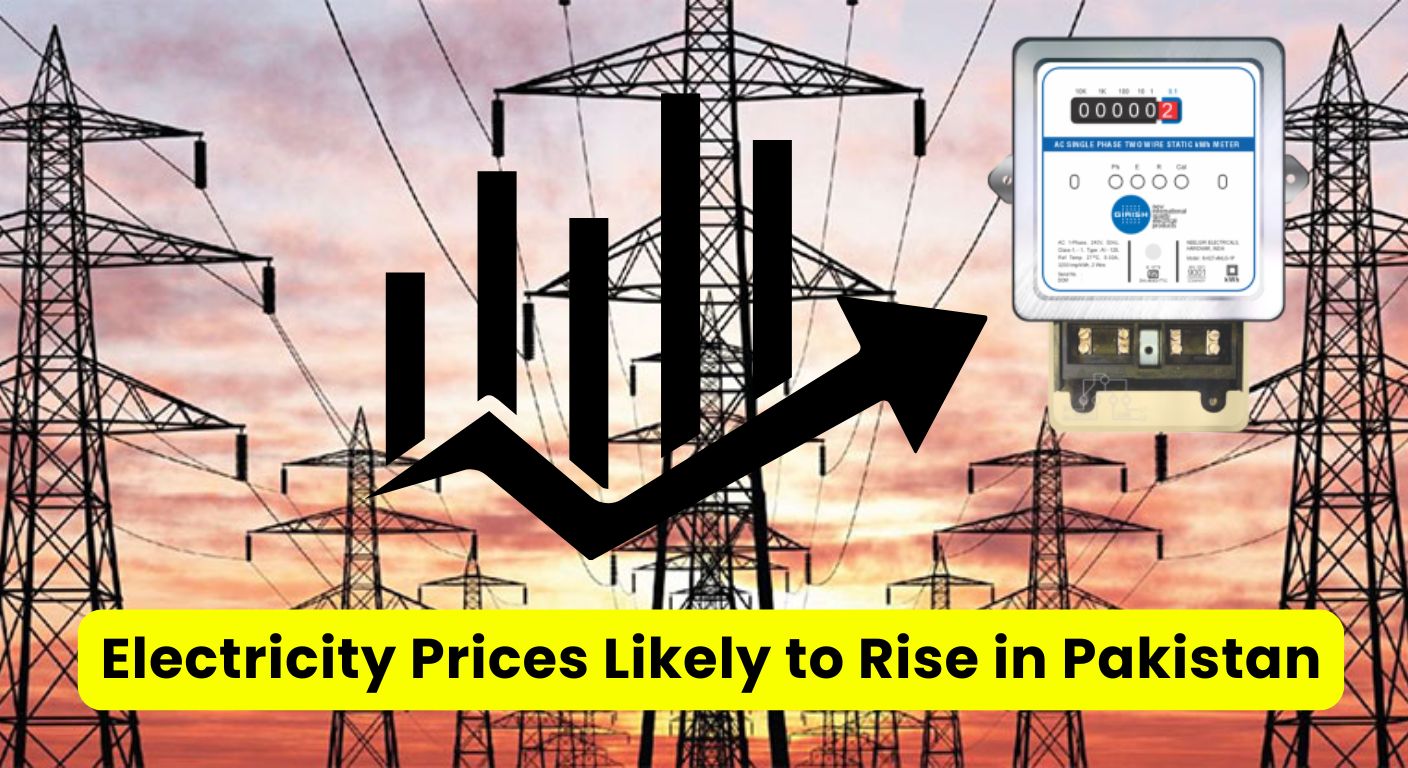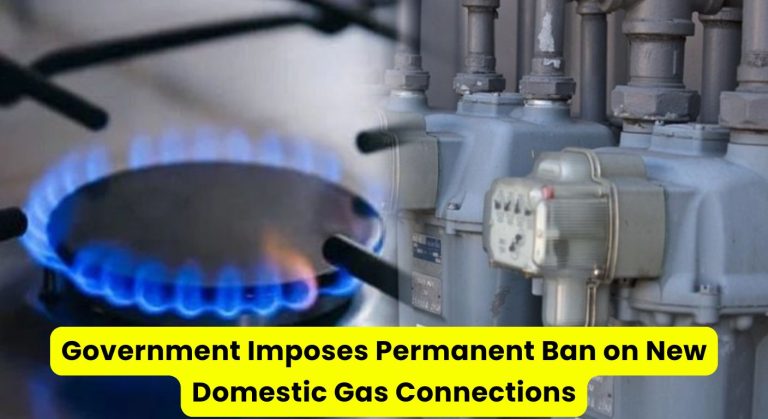Electricity Prices Likely to Rise in Pakistan, Consumers Fear More Burden

ISLAMABAD – September 2025: Electricity consumers across Pakistan, including Karachi, are likely to face another increase in power tariffs as distribution companies have filed a fresh petition with the National Electric Power Regulatory Authority (NEPRA). The request, if approved, will add another layer of financial strain on households and businesses already struggling with inflation.
According to official reports, the Central Power Purchasing Agency (CPPA) has requested NEPRA to raise electricity rates by 19 paisa per unit under the monthly fuel adjustment (MFA) for August 2025. A public hearing on this petition has been scheduled for September 29, where the regulator will decide whether or not to allow the increase.
The Petition in Detail
The petition submitted to NEPRA highlighted the electricity generation and distribution statistics for the month of August.
- A total of 14.22 billion units of electricity were produced across the country.
- Out of this, 13.71 billion units were supplied to distribution companies for consumers.
- The average cost of electricity generation stood at Rs 7.50 per unit, while the reference cost was Rs 7.31 per unit.
This difference of 19 paisa per unit is what the CPPA has requested to be adjusted in the electricity bills of consumers in September. Officials noted that the increase would apply to all electricity distribution companies, including K-Electric, which supplies power to Karachi.
Impact on Consumers
If approved, this increase will directly impact millions of households and businesses across Pakistan. Already, consumers are paying high electricity bills due to recent tariff hikes, fuel price adjustments, and additional surcharges.
For a middle-class family consuming 300 units of electricity per month, an increase of 19 paisa per unit would mean an additional Rs 57 on their monthly bill. While this amount may seem small, experts note that such increases, when combined with regular hikes, end up adding a heavy financial burden over time.
Small shopkeepers, traders, and industries also fear the impact of this rise. For businesses that consume thousands of units each month, even a slight per-unit increase translates into thousands of rupees in extra expenses, eventually passed on to consumers through higher product prices.
National Energy Concerns
The possible increase comes at a time when Pakistan’s energy sector is already facing challenges. High reliance on imported fuel, rising international oil prices, and inefficiencies in power production continue to create pressure on electricity tariffs.
Energy analysts argue that the country’s dependence on imported fuel makes electricity generation vulnerable to global market fluctuations. The government has been trying to shift towards renewable sources like solar and wind, but progress has been slow.
At the same time, technical losses, electricity theft, and non-recovery of bills remain a major problem. According to officials, billions of rupees are lost annually due to line losses and theft, which eventually get transferred to honest consumers through higher bills.
K-Electric and Nationwide Effect
The inclusion of K-Electric consumers in this adjustment means that Karachi residents will not be spared from the hike. K-Electric has often faced criticism for its billing system and frequent power outages. Residents of Karachi have already been protesting against high bills this summer, and another increase could trigger more public anger.
Since NEPRA adjustments are applied nationwide, residents in Punjab, Sindh, Khyber Pakhtunkhwa, and Balochistan will all be affected equally. The uniform application of monthly adjustments has been a longstanding policy to maintain balance between power producers and distribution companies.
Public Reaction
Ordinary citizens have expressed disappointment over the continuous rise in power tariffs. In many cities, social media is flooded with complaints from people who claim their electricity bills are becoming unaffordable.
A schoolteacher from Rawalpindi said, “Every month there is a new increase. Salaries are not going up, but electricity bills keep rising. How can a common man survive in this situation?”
Shopkeepers in Karachi echoed the same frustration, pointing out that higher electricity costs reduce their profit margins. Many fear that small businesses will not be able to survive if power tariffs keep increasing every month.
Comparison with Regional Trends
While Pakistan faces repeated hikes in electricity tariffs, other regional countries are focusing on stricter penalties for theft and non-payment. Recently, Tajikistan announced a 10-year prison sentence for electricity theft, aiming to discourage power losses and reduce the burden on honest consumers.
In contrast, Pakistan has yet to implement such tough measures, although discussions on stricter punishments for electricity theft have been ongoing. Analysts say unless theft and losses are controlled, honest consumers will continue to bear the financial pressure.
Economic Outlook
Economists warn that frequent increases in power tariffs can contribute to inflation. Higher electricity bills raise production costs for factories, which in turn increases the prices of goods in the market.
Food items, textiles, and household goods are especially sensitive to electricity costs, as they require significant energy during production. Thus, the 19 paisa increase, though small on paper, could trigger a ripple effect on prices of essential items.
Government’s Position
So far, the federal government has not issued a detailed response to this petition. However, officials in the Ministry of Energy stated that tariff adjustments are a routine part of the system and are linked to fuel costs rather than policy decisions.
The government is reportedly considering ways to reduce dependency on expensive fuel imports by encouraging solar energy projects and hydropower plants. Yet, experts caution that such long-term measures will take years to show results, while consumers continue to bear the brunt of short-term price hikes.
Conclusion
Pakistan’s electricity consumers are once again bracing for higher bills as NEPRA prepares to hear a petition for a 19 paisa per unit tariff increase on September 29. While the rise may appear minor, its cumulative effect, alongside previous hikes, is likely to add more pressure on already burdened households and businesses.






